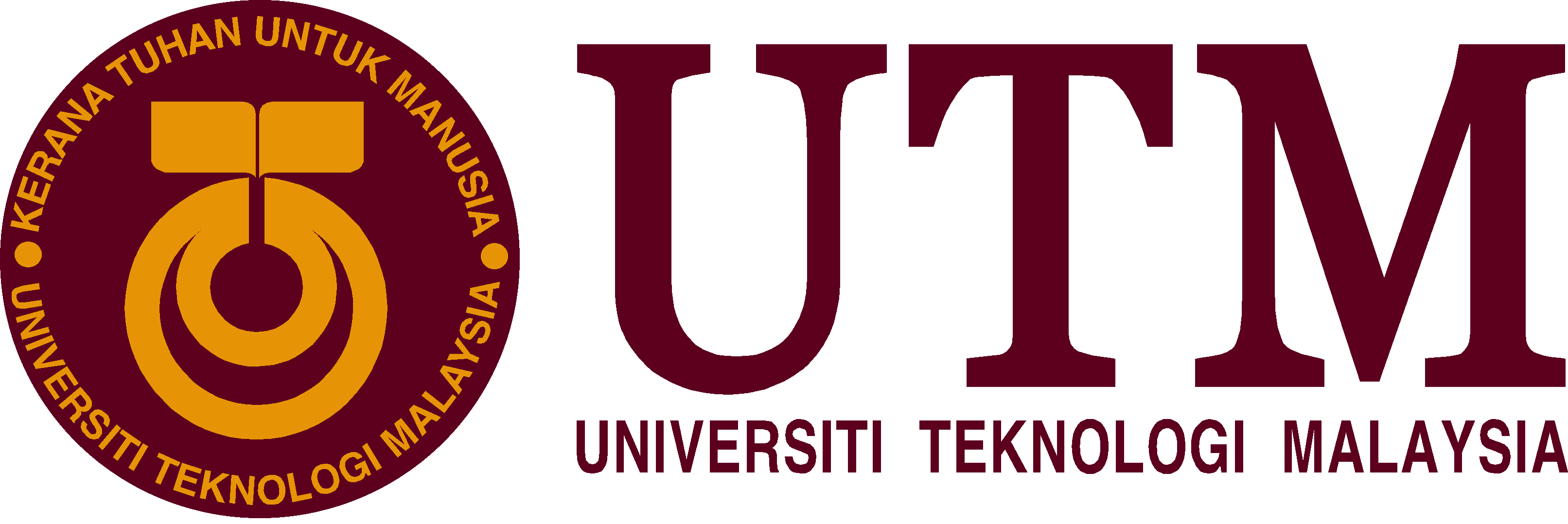NST 24 May 2013
Alignment for Strategic Mission-
Datuk Dr Ibrahim Ahmad Bajunid
THE remerging of the Ministry of Education (MoE) and Ministry of Higher Education (MOHE) is based on the principal rationale and faith that the one ministry will align the philosophies, programmes and projects of the education sector to achieve vision 2020. A strong education sector with a great knowledge and learning society will create the momentum of development beyond 2020 to meet all kinds of local and global challenges.
Education is at once parochial and universal. All stakeholders have the highest aspirations and expectations for their children whether at the preschool, or higher levels.
However, there are stakeholders who see school as the site for enculturalisation, socialisation, indoctrination of language, religion and culture. At the university level, many stakeholders see university education as the pathway to the opportunities of high-level jobs in the employment market. Tertiary-level drives include the quest for truth, research and innovation culture, global competition and leadership and participative global citizenry.
During the eight years of separation of the ministries there was the growth of separate elites, especially the MOHE elite group and bureaucracy, (the MOE elite and bureaucrats were already in existence). Over the years the two elite groups went their separate ways doing their own things, hardly communicating with each other.
However, the MOHE elites organised themselves so well and drove the higher education enterprise so successfully that Malaysia’s higher education is now on the global map. In this exciting development, associations like the Malaysian Association of Private Colleges and Universities (MAPCU), and private educational institutions themselves contributed significantly.
One recurring complaint when there were the two ministries was the blame game that the students did not have basic literacies because of the weaknesses at the lower or upper levels. With the current Ministry of Education, the responsibilities now of understanding lifespan developments are the common responsibilities of educators at all levels. There should be no more blame between the levels for failures in basic and global literacies, unrealised talents, undeveloped potentialities and unintegrated human resources development.
There is the unprecedented growth of international schools which will place Malaysia in the league of nations which have the best international schools, including residential schools. There is also the growth of tertiary institutions with world class universities.
Vocational and technical education is refocused and given priority. Community colleges and polytechnics have grown in number and functions. There is the expansion of religious schools and programmes at state and federal levels. The pre-school level in education, including, the education of the gifted is also now an integral part of the education system, together with special education and other aspects of inclusive education.
The world-class work of the Malaysian Qualifications Agency (MQA) and the unrivalled quality protocols and system of the Inspectorate of Schools, the Examinations Syndicate, and the Examinations Council, all of which have excellent track records, can now be further synergised to strengthen the education system.
The National Institute of Educational Management and Leadership, Institute Aminuddin Baki, (IAB), the Principal’s Institute at the University of Malaya, and the Academy of Leadership in Higher Education (AKEPT) have the expertise and capacity to train educational, institutional and academic leaders in public and private institutions as well as at sectoral and system level. Together, these institutions can ensure that Malaysia becomes a global leader in the field of educational administration, management, leadership, and entrepreneurship.
The Sultan Idris Education University, the 27 Teachers’ Institutes with university status, and 12 faculties of education in public universities and several more in private universities, have expertise and capacity to train and retrain all teachers. These institutions have offered master’s and doctoral degrees and the scholars in these institutions have global networks. Together these institutions can be leveraged to be global leaders in leadership for learning. No institutions can go alone their own ways. All institutions and leaders have to review and rethink their priorities and strategic niches of excellence.
No planned transformation can succeed without knowledge, education and training. Talent leadership, managerial competence and thought leadership are the recipe and ingredients for successful transformations. For transformation to occur there must be positive and directed mindset changes, common understanding, shared values, the application of knowledge and the will to achieve targets of excellence.
With the merger the education system should not be levelled down to the whims and fancies or covert agenda of individuals or groups without regard to the rights and choices of majorities and minorities.
Education will mould the society of the future. Education, like religion should be above politics, sacred, inspiring and liberating.







